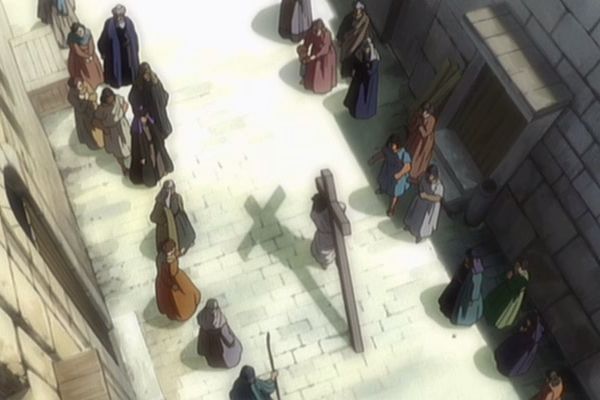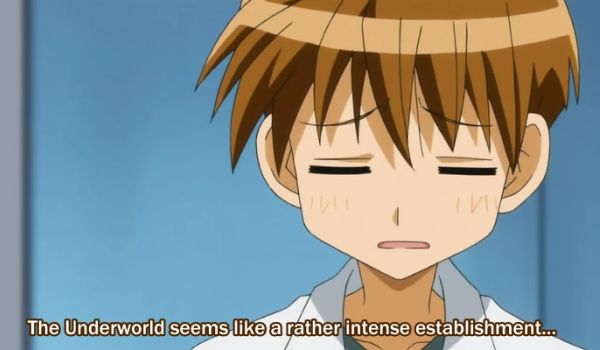Everybody who was something rejected Jesus Christ as a blasphemous cult leader whose death would mean the end to his crazy movement. “Errare humanum est.”
I recently bought a book written by the current Pope, Benedict XVI. He was in fact a well known Catholic writer before he was called to be Pope. I suppose there must have been some hesitation in calling him away from his writing: Being the Pope is sure to be very distracting. Even so, he has managed to finish at least two books, or a book in two parts if you will, a biography of Jesus Christ. Now, it is not often you see a Pope write a biography of Jesus Christ, so some curiosity is in order.
I also hear reasonably good things about this man (the Pope, I mean, but of course also Jesus). I grew up in an officially Lutheran country (although it was already starting to turn mostly atheist) and anything about the Vatican was viewed with severe skepticism, to put it mildly. I have a more nuanced view now. Some of the intelligent religious literature I have read the last couple years has come from Catholic writers. They have a tradition for intelligent religious literature, going back at least to Thomas Aquinas, one of the geniuses of the Middle Ages. (Yes, there were some, contrary to what you probably imagine about the Middle Ages.)
Also, contrary to what you probably imagine about the Pope unless you are Catholic, his writing is not medieval either. He expresses his gratitude to the advances in historical realism in Biblical exegesis, although he thinks it cannot stand on its own. Comparing a number of recent Jesus biographies, he draws the insightful conclusion that they are so different, they probably say more about their authors than about Jesus. That may well be true. While this is not entirely a good thing, it is thought-provoking. In one way, I think we are all doomed to find Jesus in ourselves if at all… but hopefully in our greater Self, as the Eastern spirituality calls it, rather than our small self or ego. In the spirit rather than the flesh, to use the language of St Paul, who seems to give people the willies these days.
Anyway, I have read little more than the foreword yet, but I already found something interesting. There is a tendency these days to regard the Bible as either 1) God dictating his word to men, or 2) men writing their own opinions about God. But the Pope inserts a 1.5 that makes a lot of sense: The community or people of God. The individual writers did not live and teach in a cultural and spiritual vacuum, but rather were part of a community steeped in the earlier revelation. It was to no small extent through this community that God spoke the Bible, rather than simply through the individuals. What they expressed was often dependent in content or form on spiritual impulses in the community, thinks the Pope.
This is certain true to some degree, although I have to point out that a disturbing number of God’s prophets and apostles were killed by the community and the supposed “people of God” of their time. Not least famously Jesus himself. But I am sure there will be more to read about that in the second book.
As for the biblical writers expressing the will of God after being shaped by the spiritual community of God’s people, it is hard for me not to see the parallel to Joseph Ratzinger, now Pople Benedict XVI, himself. But then again, we tend to see in others something of ourselves, whether we are the Pope or not, I guess.
The book is simply called “Jesus of Nazareth”. The author may be given either as Joseph Ratzinger (his name when he started it) or Benedict XVI (when he finished it).










